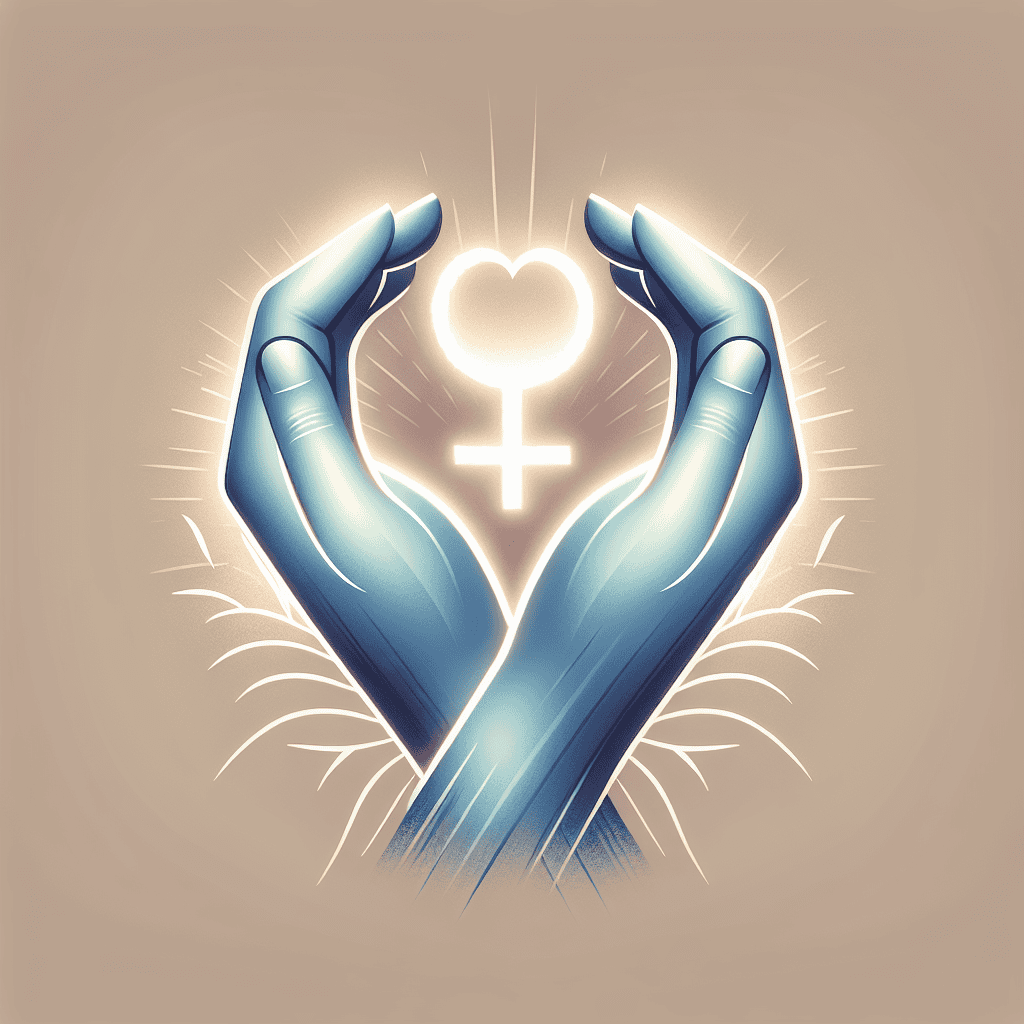As a committed advocate for gender equality, I recently attended the commemoration of the completion of Phase I and the launch of Phase II of the Pacific Partnership to End Violence Against Women and Girls. This milestone was an opportunity to reflect on the progress we have made and how far we still need to go.
Gender-based violence is a global challenge, not just an issue for the Pacific or Australia. Over my life, I have seen gradual changes in Australia’s system through education and awareness of the impact of established attitudes and behaviors on women and girls.
I have also worked extensively in the Pacific region with extraordinary women and men whose efforts to prevent, address, and respond to gender-based violence have transformed our collective response to this issue. Yet despite our progress, the statistics remain alarming. Our Pacific region has some of the highest rates of intimate partner violence in the world, with 30 to 60 percent of women in most countries experiencing physical or sexual violence during their lifetime.
In Australia, Prime Minister Anthony Albanese has described the situation as a national crisis. One in four Australian women has experienced sexual violence, and one in two has experienced sexual harassment in their lifetime. In Fiji, research from the Fiji Women’s Crisis Centre has found that over the past 10 years, an average of six women a year have been killed due to ongoing gender-based violence.
Across the Pacific region, there is a small but growing body of evidence on the wide-ranging impacts of technology-facilitated gender-based violence and artificial intelligence. This issue has been prominently featured in the Australian media recently.
These challenges have real impacts on women and girls’ lives. They become excluded from family and community networks, experience increased absenteeism from school or work, and often abandon or never pursue career paths that place them in the public eye, such as politics or journalism. The implications are significant and wide-reaching for individuals, communities, and countries. Economically, the World Bank estimates that gender-based violence costs an estimated $1.5 trillion globally each year.
So, what are we doing about it?
In Australia, the Government is committed to addressing these challenges through the National Plan to End Violence Against Women and Children 2022-2032. This Plan is the overarching national policy framework guiding actions to end violence against women and children over the next 10 years. It involves a whole-of-society effort, coordinating across all sectors and levels of government to address, prevent, and respond to gender-based violence.
Recently, our National Cabinet, which includes the Prime Minister and all State and Territory leaders, committed to various strategies, including providing crisis support for women leaving violent relationships, enacting new laws to combat online harms, and taking measures to reduce children’s and young people’s exposure to violent content.
Australia is also developing a new international gender equality strategy that will place gender equality at the center of Australia’s foreign policy, international development, humanitarian action, trade, and security efforts. We are proud to partner with Fiji on this shared priority. Australia has worked through the Pacific Partnership to End Violence Against Women and Girls and UN Women to support Fiji in implementing its National Action Plan to Prevent Violence Against All Women and Girls (2023-2028).
Fiji has shown real leadership in this area. As Minister for Women, Children, and Social Protection, Lynda Tabuya has spearheaded Fiji’s Plan, making Fiji the first Pacific Island Country, and second globally after Australia, to have a whole-of-government and whole-of-community, inclusive, evidence-based approach to prevent violence against women and girls.
The Australian High Commission team here is working in partnership with the Fiji Government, regional organizations, UN agencies, civil society, and other development partners to tackle gender-based violence. In the broader region, Australia is collaborating with Pacific partners to progress gender equality, including through our flagship Pacific Women Lead program with the Pacific Community. We are supporting Phase II of the Pacific Partnership to End Violence Against Women and Girls, along with the European Union, UN Women, the Pacific Community, and the Pacific Islands Forum. I was proud to witness the endorsement of the revitalized Pacific Leaders Gender Equality Declaration at the Pacific Islands Forum Leaders meeting in Cook Islands last year.
We are making progress, but globally, there is a long way to go. Gender inequality is the root cause of gender-based violence, and it is imperative that we all play a role in addressing this issue, both at an individual and societal level.
As individuals, and particularly as men, we must call out and stop condoning violence against women and girls. This takes courage, but it is essential. We must ensure women have the freedom to make decisions for themselves in both their public and private lives. We must also challenge rigid gender stereotyping and dominant forms of masculinity that emphasize aggression, dominance, and control.
While these are not always easy things to do, it is important to have the conversation and create awareness to help adapt and change individual and community behaviors. I invite you to partner with us on this challenging and important mission.
It is only by working together, as Vuvale, that we can make a difference.
